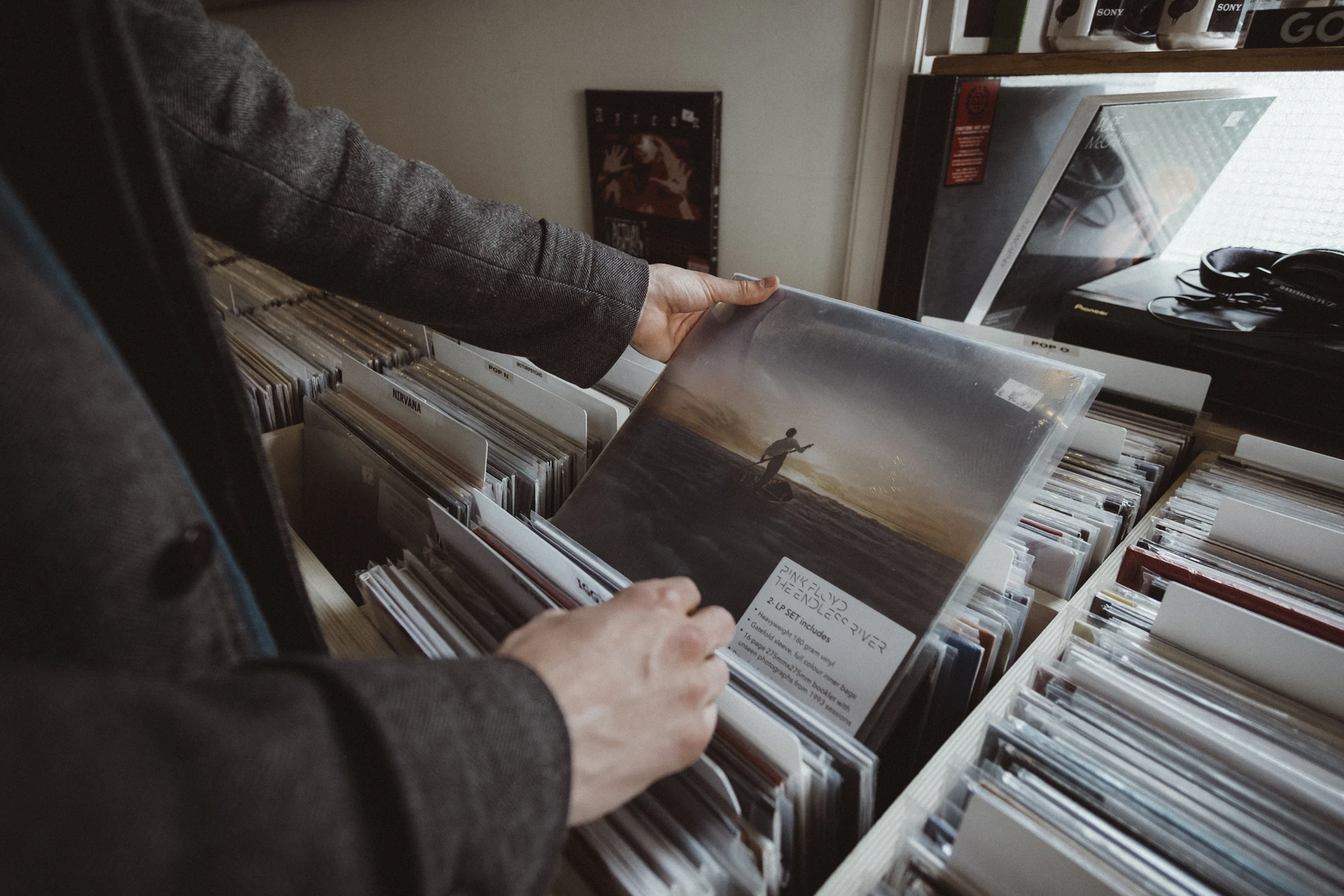The music industry has undoubtedly been one of the most transformed in recent decades. The entire world of music and how it is produced, marketed, and consumed has been dramatically altered by technological advancement.
Some genres’ growth has been eclipsed, while others have thrived and succeeded. However, no genre is safe, and no genre will reign for long; tastes change, and technological advances open the door to an unknown horizon in the field of music.
With all of these changes, it can be difficult to enter the world of music as a burgeoning musician. Even more so if you intend to release your first album. What materials and resources are required to make it happen? Will it require a large budget? Is it even possible to do it all on your own?
There is no single formula for success in music. However, there are some basic criteria to consider, as well as a wealth of experience from previous successes and failures, all of which can point you in the right direction.
Single, EP, or LP?
Before recording an album, you should ask yourself, what kind of album will it be? Is it better to release a traditional full-length album (LP)? Or is it better to go for a shorter format and simply compile four songs and record an EP (extended play) to establish yourself? What about singles? Aren’t they the most popular and widely used format nowadays? Aren’t they most popular among young people?
Each format serves a purpose, and whether you want to release a long album, a short album, or singles, you must understand what each format is and when one is more advantageous to use than the other.
- LP
If your product is already mature, this is the format for you. This format is best if you have a lot of songs that all follow the same concept.
You must keep in mind that it is also the most expensive format and will require the most resources and time. However, if you have a strong and well-realized vision, go ahead with this option
As an artist, you must have a clear vision of the audience you want to reach and the type of music you want to produce in an LP format. There is no room for mistakes here. It’s important that a musician has a clear vision of their art.
- EP
If you don’t have a lot of money, this is the format for you. It’s also useful if you have a few songs with the same concept but not enough to record a full-length album.
This format is used often by artists to make themselves more well-known. It is ideal if you have not yet matured as an artist and are still searching for your own identity in the music field.
- Single
This is certainly the most popular format nowadays. It’s perfect if you’re on a tight budget but have an incredible song that you want to share.
Remember that positioning a song is much easier than positioning an entire album, and the money you save on recording can be used to promote yourself in the industry.
- Audio Interface
Once you’ve decided on a format for recording your music, you’ll need to gather the necessary recording equipment. This is where an audio interface comes in handy.
We assume that because this is your first project, your budget will be limited and you will be responsible for everything. In other cases, a recording studio will provide all of the required materials.
However, technology has advanced to the point where you can now produce everything yourself. There are numerous excellent audio interfaces available. There’s the Rode caster pro, the apollo twin, and the clarett or scarlett, all of which are high-end equipment that will allow you to record multiple instruments at the same time. You can then easily achieve a balanced sound for that first record you’re hoping to make.
- Microphone
It may surprise you that you may be able to make do without an audio interface entirely and rely exclusively on a quality microphone. If you are a solo artist who records acoustic songs with only one instrument, a USB microphone can be an excellent choice for you. It’s definitely worth a shot if you’re looking for a low-maintenance and low-cost alternative.
- Studio Monitors
If you want to make a real record, your headphones will not be enough. Before purchasing studio monitors, keep in mind that they must be flat and have a neutral sound. Home speakers often come with effects that change and impact the sound that comes out of them.
- Music Production Software
The market is flooded with DAWs (Digital Audio Workstations). There are both paid and free options, but keep the following factors in mind:
- Your budget
- The platform you use
- The level and quality of music you need to create
- Headphones
Since you will be producing music on your own at first, you will require two types of good studio headphones. Closed headphones isolate outside noise and provide a less realistic sound quality, making them ideal for vocals. Whereas open headphones, which have a higher sound quality but less isolation, are essential for mixing.
If you have a passion for music and you know you’re talented, don’t just sit there and dream and do nothing about it, the future is within your reach! This is the bare minimum you will need to know if you decide to embark on the tumultuous, but rewarding, journey of recording your first music album.
